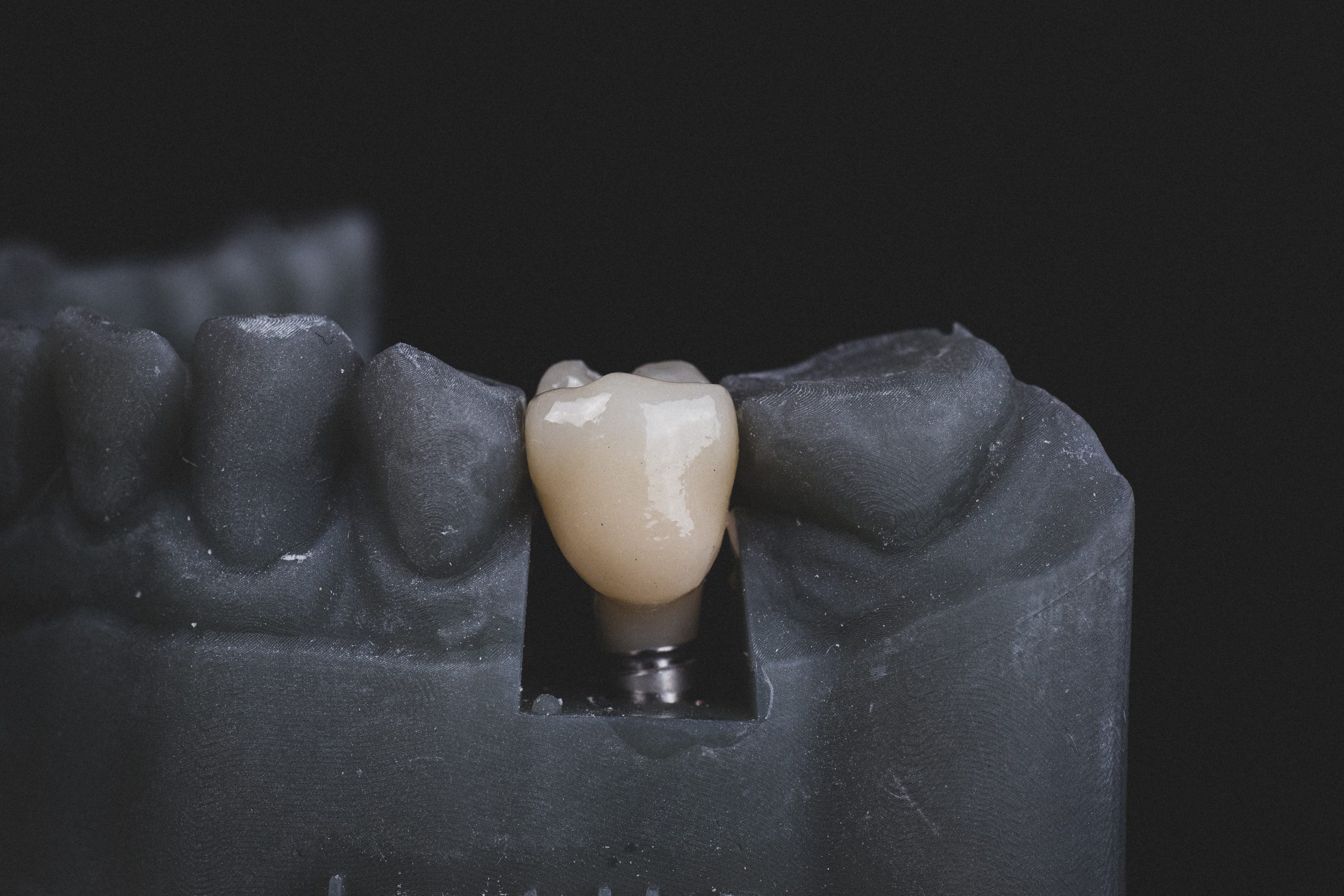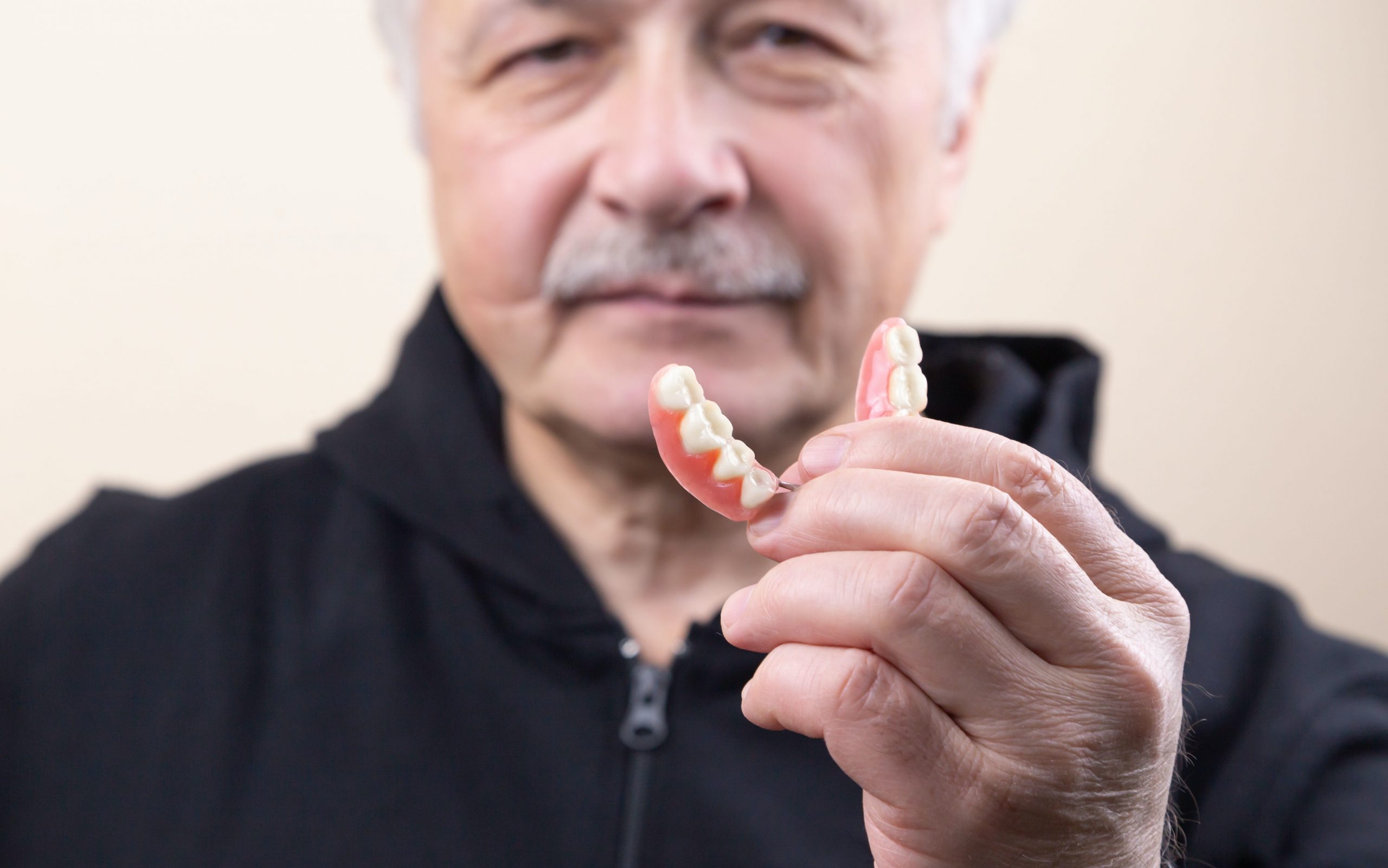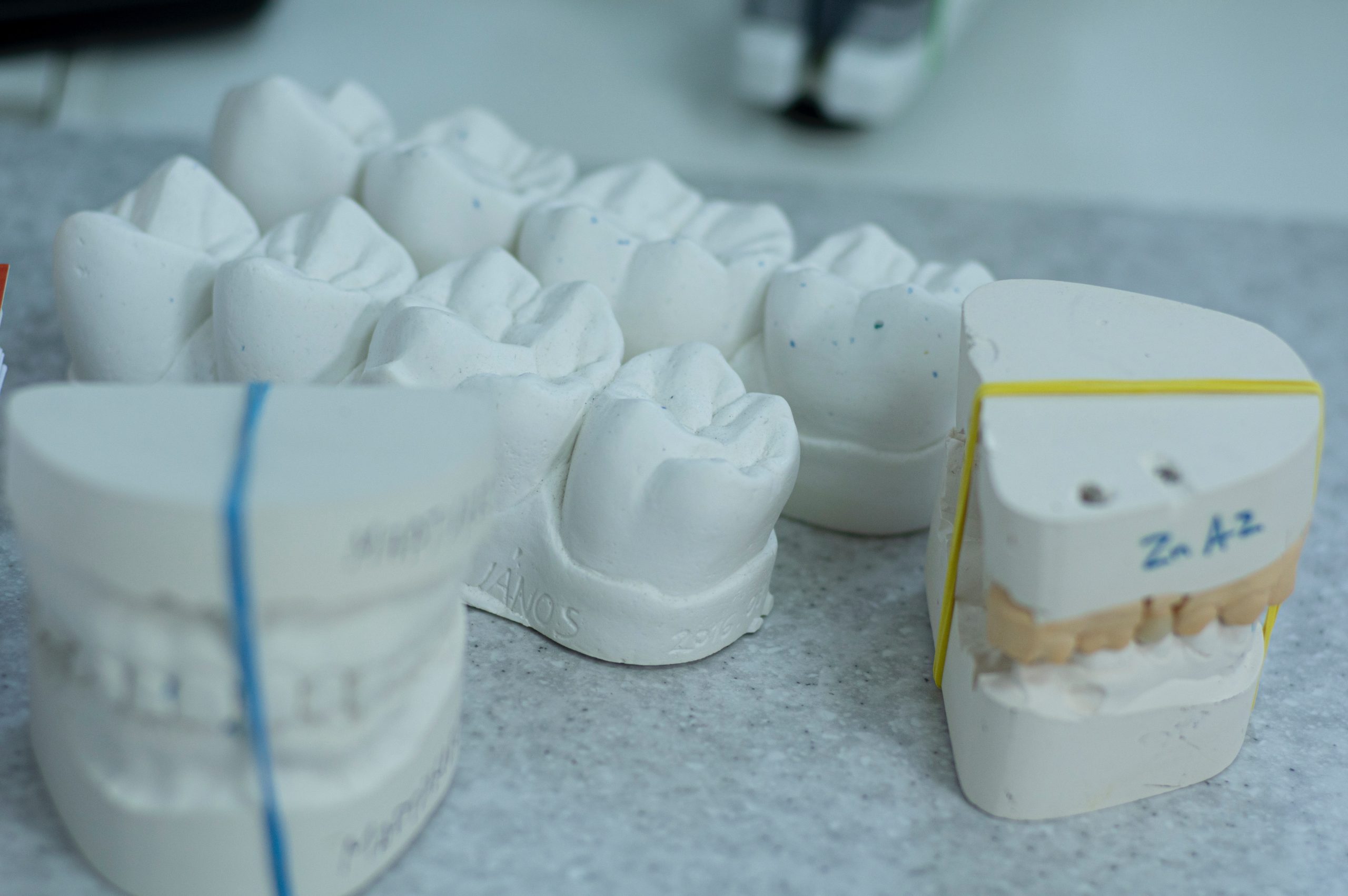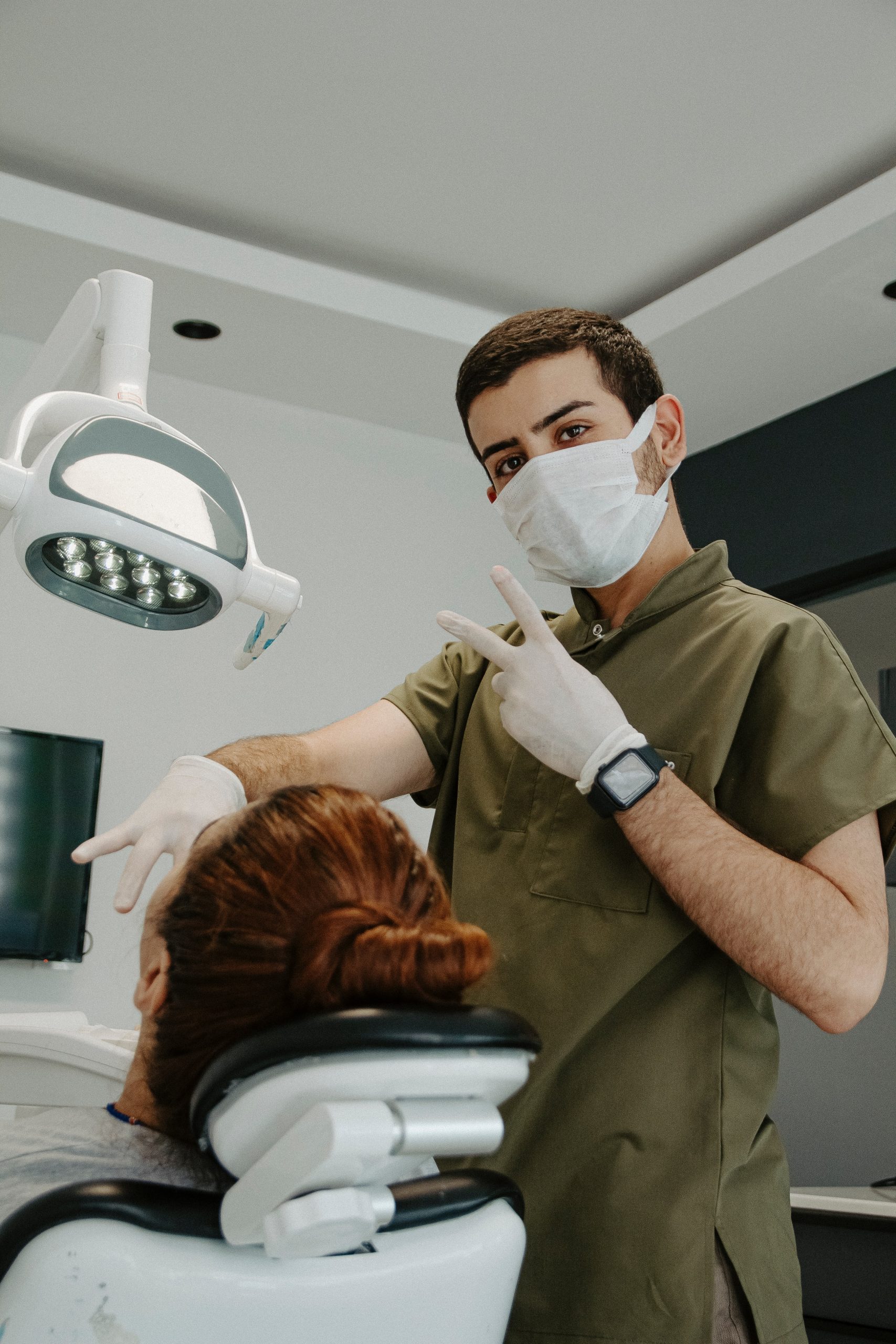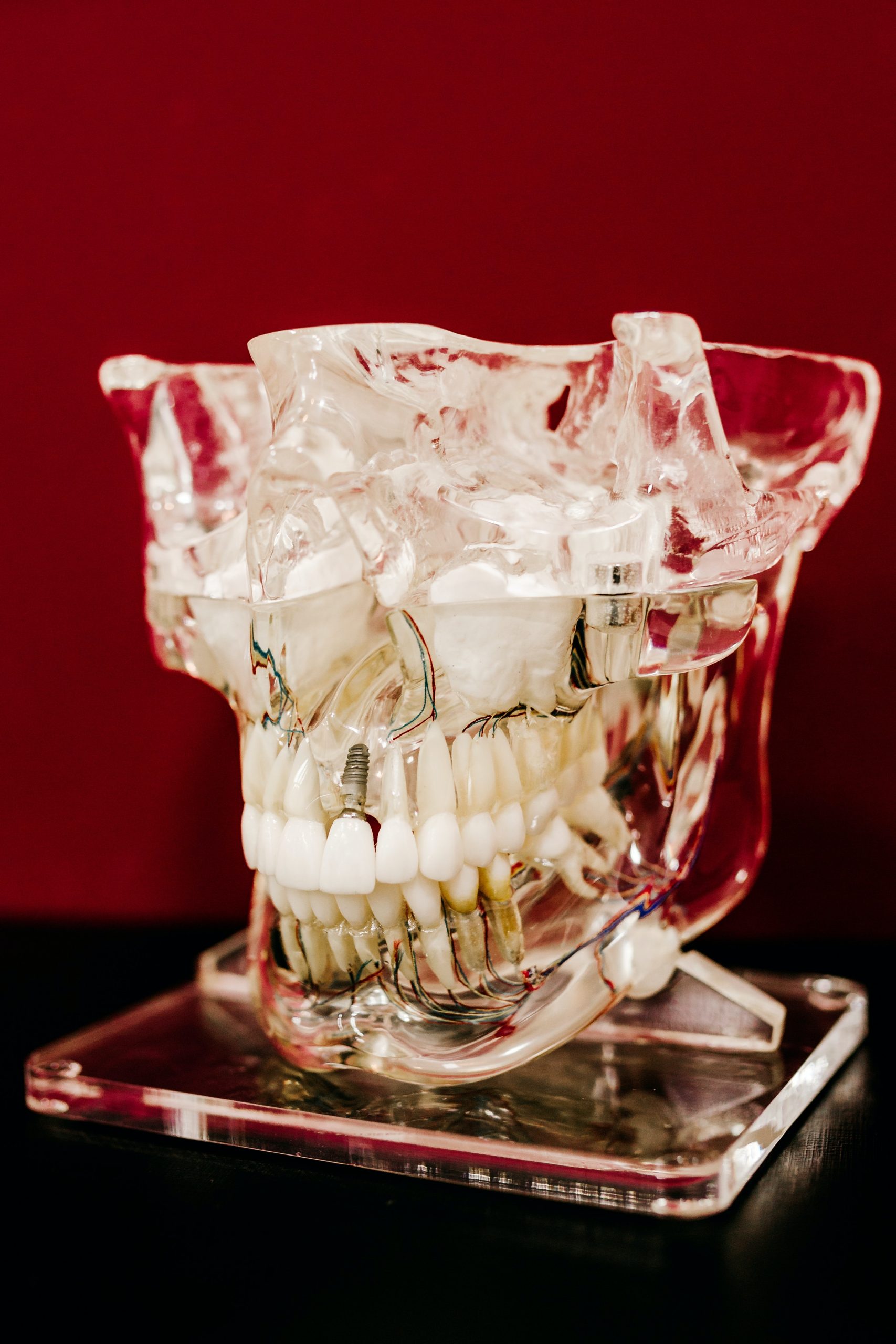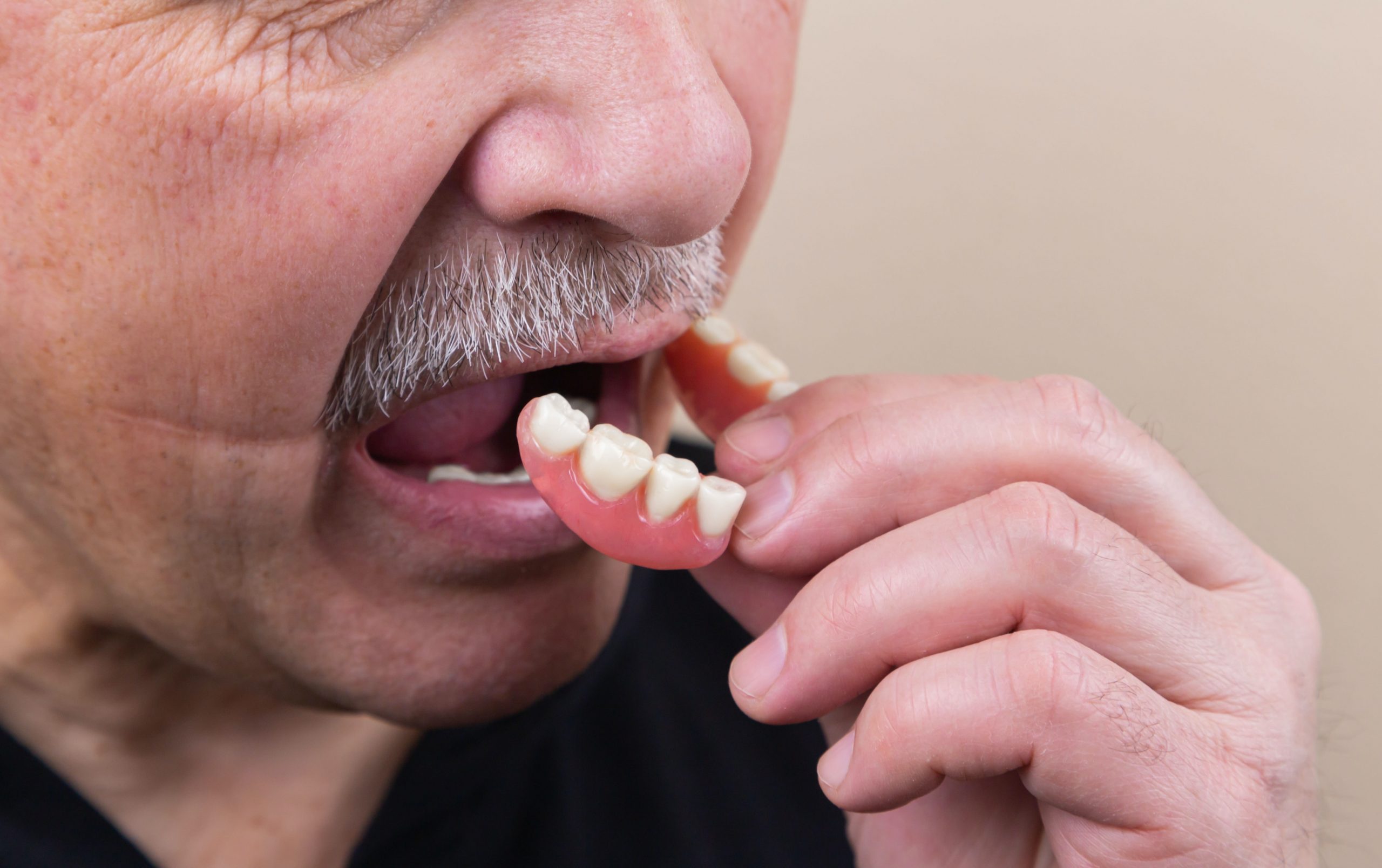
Everything You Need to Know About Partial Denture
Partial denture is removable dental appliance that is used to replace missing teeth. They are designed to fit snugly in the patient's mouth and to blend in with the remaining natural teeth. Here is everything you need to know about partial dentures.
Types of Partial Dentures
There are two main types of partial dentures: cast metal partial dentures and acrylic partial dentures. Cast metal partial dentures are made from a metal alloy, typically a combination of chromium and cobalt, and are known for their strength and durability. Acrylic partial dentures are made from a type of plastic and are generally less expensive than cast metal partial dentures.
Benefits of Partial Dentures
Partial dentures can offer several benefits for patients who are missing teeth. They can help improve a patient's ability to eat and speak properly, as well as improve the appearance of their smile. Additionally, partial dentures can prevent the remaining natural teeth from shifting out of position, which can lead to additional dental problems.
Getting Fitted for Partial Dentures
The process of getting fitted for partial dentures typically involves several appointments with a dentist or prosthodontist. The first appointment will involve taking impressions of the patient's mouth to create a mold. The dentist will then use the mold to create a custom-fitted partial denture that is designed to fit the patient's mouth precisely.
Caring for Partial Dentures
Proper care of partial dentures is essential for maintaining their appearance and durability. Patients should clean their partial dentures daily with a soft-bristled toothbrush and mild soap or denture cleaner. They should also be careful not to drop their dentures, as they can easily break or become damaged. When not in use, partial dentures should be kept in a moist environment, such as in a denture soaking solution, to prevent them from drying out.
Adjustment to Partial Dentures
It can take some time for patients to adjust to wearing partial dentures. Initially, patients may experience some discomfort or soreness, but this should gradually improve over time. Patients may also need to adjust their diet to accommodate their partial dentures, as some foods may be difficult to eat with the appliance in place.
Conlusion
Partial dentures are a popular and effective way to replace missing teeth. They can help improve a patient's ability to eat and speak properly, as well as improve the appearance of their smile. Proper care and maintenance of partial dentures are essential for ensuring their longevity and effectiveness. If you are considering partial dentures, talk to your dentist or prosthodontist to learn more about the options that are available to you.

